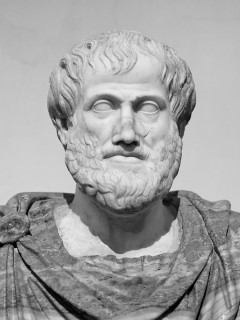
Publication details
Publisher: Springer
Place: Berlin
Year: 2012
Pages: 459-474
Series: Philosophy & Technology
Full citation:
, "Human nature", Philosophy & Technology 25 (4), 2012, pp. 459-474.


Human nature
the very idea
pp. 459-474
in: Russell Powell, Guy Kahane, Julian Savulescu (eds), Evolution, genetic engineering and human enhancement, Philosophy & Technology 25 (4), 2012.Abstract
The only biologically respectable notion of human nature is an extremely permissive one that names the reliable dispositions of the human species as a whole. This conception offers no ethical guidance in debates over enhancement, and indeed it has the result that alterations to human nature have been commonplace in the history of our species. Aristotelian conceptions of species natures, which are currently fashionable in meta-ethics and applied ethics, have no basis in biological fact. Moreover, because our folk psychology finds this misleading Aristotelian conception highly tempting, we are in fact better off if we refrain from mentioning human nature altogether in debates over enhancement.
Cited authors
Publication details
Publisher: Springer
Place: Berlin
Year: 2012
Pages: 459-474
Series: Philosophy & Technology
Full citation:
, "Human nature", Philosophy & Technology 25 (4), 2012, pp. 459-474.

